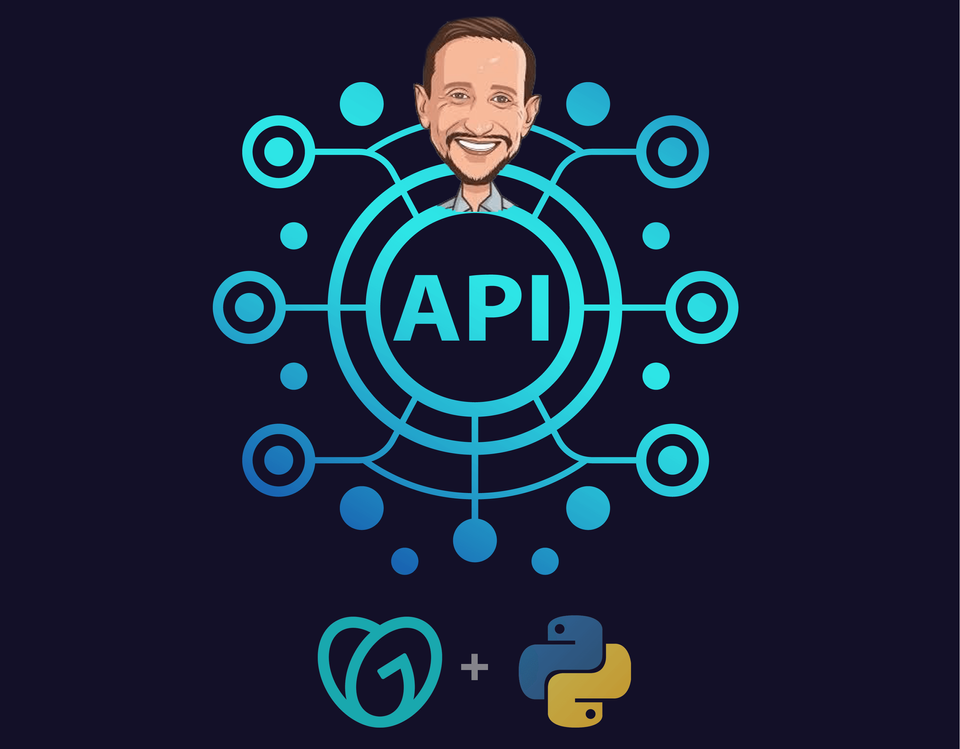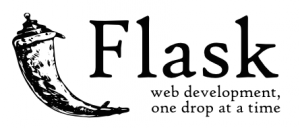
We have recently been going through some testing of different hosting options for Flask. If you don’t know what Flask is then this is probably going to be a pretty boring article so you might want to hit the back button. If you do know what Flask is and you want to find the best hosting environment for your Flask app, this might just be the missing link you’ve been looking for.
First a quick primer on Flask and then I’ll introduce you to the contenders who will be duking it out in the showdown. Flask is a microframework for Python that is based on Werkzeug and Jinja 2. The idea behind Flask is simple, make it incredibly easy to deploy Python apps online.
To run Flask you need to have a cloud hosting provider that will support wsgi which isn’t hard to find, and that’s part of the problem. There are too many options. Since we have to pick one I’ve tried a ton and narrowed it down to five cloud hosting solutions that I’ll be comparing in the next parts of this series. So let’s meet the contenders…
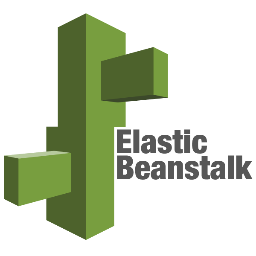
No cloud hosting showdown would be complete without the ten trillion pound gorilla, Amazon. While this could be setup from scratch the hard way using EC2 I’m trying what is supposed to be the easiest way to get rocking with Flask on Amazon through Elastic Beanstalk.

We have been very happy Rackspace customers for some time now, in fact, we’ve been so happy with our experience we even did this case study for Rackspace. One of the major advantages to Rackspace is their support, yes you do pay for it, but from my experience it is worth every penny and then some. This also gives Rackspace a bit of an unfair advantage as I can just call someone and have them setup Flask for me, but hey, if you’re comparing solutions that should definitely factor into your decision process.
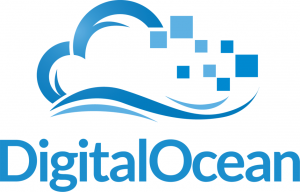
A fellow Techstars company, Digital Ocean has quickly become one of the top cloud hosting companies in the US. Digital Ocean is famous for a simple and intuitive UX and transparent, low pricing. That being said you sacrifice support which means you do really have to fend for yourself and/or reference their tutorials which unfortunately have errors in them. I did let Digital Ocean know that their Flask tutorials were no longer working and they have added a disclaimer at the top letting users know that following their tutorial might not work.
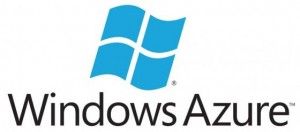
Like most of you, I cringe when I see the Windows logo, that being said Microsoft has clearly stepped-up its game with Azure. With a tagline of “The cloud for modern business” Microsoft has some pretty impressive performance studies out there that show it packs some serious power. Microsoft also has a very competitive program for startups that makes it easy to take Azure for a test drive.

There’s a good chance you’ve never heard of Python Anywhere. I’ve been using them for the better part of this year and have had a great experience so far, they are laser-focused on Python and have the easiest Flask setup process by far. That being said, this showdown isn’t just looking at setup, I’m also looking at support, performance and all the other factors you should be considering when choosing a hosting provider.
Stay-tuned for Part 2 where I’ll dive into the setup process with each of our five contenders and share the good, the bad, and the just plain ugly.


